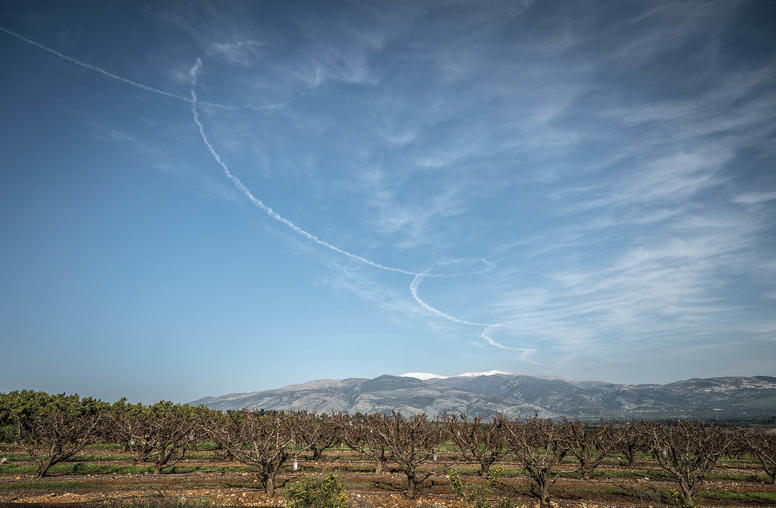Developments in Syria
Radwan Ziadeh, a visiting scholar at George Washington University and former Jennings Randolph fellow at the U.S. Institute of Peace, discusses the recent political developments in Syria.
April 22, 2011
Radwan Ziadeh, a visiting scholar at George Washington University and former Jennings Randolph fellow at the U.S. Institute of Peace, discusses the recent political developments in Syria.
- How have protests in Syria changed since they began in mid-March? Where do you see the protest movement headed?
- The Syrian government has apparently responded to one of the demands of protesters and agreed to lift the state of emergency that has been in effect since 1963. Will this announcement have an effect on the Syrian opposition?
- What are the main challenges confronting the Syrian opposition right now, both inside Syria and among the Diaspora leadership of the opposition?
How have protests in Syria changed since they began in mid-March? Where do you see the protest movement headed?
There have been two main changes in the nature of the protests since they began on March 15. First, they have grown in size. We have seen massive protests in past weeks in cities like Deraa, Banyas, Doma, and Homs. Second, the protests reflect a growing level of organization and coordination. This is evident in the use of similar slogans by protesters in different locations, and by active efforts among protestors in different cities to coordinate their activities.
The Syrian government has apparently responded to one of the demands of protesters and agreed to lift the state of emergency that has been in effect since 1963. Will this announcement have an effect on the Syrian opposition?
No. Lifting the emergency law will not have a significant effect. As Syrians are saying, this is too little, too late. In addition, Syrians know that lifting the emergency law will have no real effect on the situation on the ground. The real power remains in the hands of the security services which operate under the supervision of the president. There is little indication that agents of the security services care at all about the rule of law in how they carry out their orders. This disregard for the rule of law on the part of officers of the security services is one reason they have become a main target of the protestors right from the beginning of the uprising.
What are the main challenges confronting the Syrian opposition right now, both inside Syria and among the Diaspora leadership of the opposition?
The Syrian uprising shares some characteristics with those in Tunisia and Egypt. It is still in its early phase, and it lacks both an organized leadership and a clear ideology. As a result, the opposition confronts pressing questions concerning how it should present itself, and how to consolidate its leadership over protestors. Nonetheless, at the local level, across Syria, we can witness leaders emerging in the course of the uprising, based on local activists who are able to establish their effectiveness.
On the other hand, the Damascus Declaration group has played a role in supporting and leading the protest movements in some cities, which suggests that despite the formidable obstacles the opposition confronts, and depending on the security situation, it is possible to imagine the emergence of a Syrian opposition leadership that is both well organized and coordinating with its counterparts outside of the country, with whom they are in close communication.



